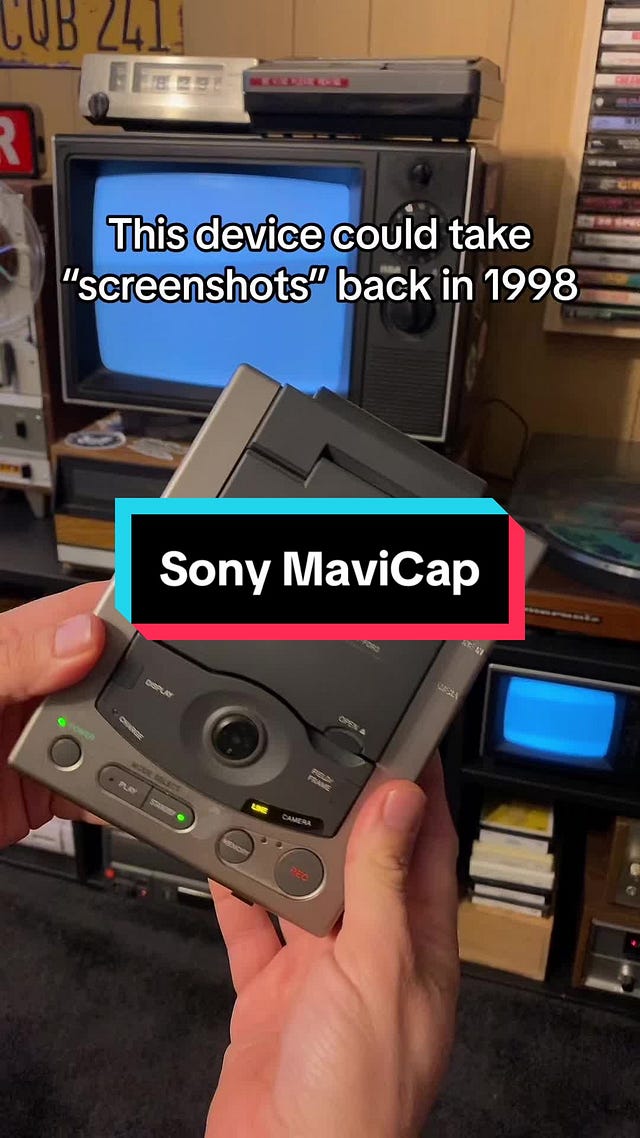You must understand that there is more than one path to the top of the mountain.
–Miyamoto Musashi, The Book of Five Rings
Have you ever stopped writing and asked yourself: “Is this idea even original?”
Did you worry that you’re writing something that’s too close to a story that already exists? And how close is too close?
Different writers can approach the same character in different ways. Consider all the versions of Batman created since his first comics. Captain Midnight digs into the ways that Batman: The Animated Series created a baseline for how people understand Bruce Wayne, even as it altered established characterizations and took elements from other depictions. Owen Likes Comics digs into the Scott Snyder and Greg Capullo comics run, an attempt to reboot the series while incorporating echoes of its past. Nerdstalgic celebrates The Lego Batman Movie and the way it incorporates multiple previous incarnations of the World’s Greatest Detective into a comedic story about healing trauma through found family.
When a series of homages becomes a collage, there’s a chance to still make something unique. Take the example of Hot Fuzz, which Danny Boyd points to as a film that uses US action film tropes to comment on the lack of comparable British action films and single-handedly fill that void.
Sometimes a singular piece of source material can lead to multiple interpretations. Greg Norton presents a discussion of the many adaptations of Dune, including the SciFi Channel miniseries.1 Ethan Warren argues that The Muppets understood the assignment, and The Muppet Christmas Carol is the ultimate cinematic realization of Dickens’s original work.2
What about when there are real, verifiable facts at the heart of a story? Does that mean there’s room for only one version? Elliot Roberts looks at the two competing Steve Jobs biopics of the 2010s (and the made-for-tv classic Pirates of Silicon Valley) to ask questions about the entire biopic genre. “Four friends, two marriages, one affair” That’s how Chris Heath sums up the core wound for a group of writers that put elements of their lives onto the page, with some very different perspectives.
Still feeling the tug of that insidious notion that your writing needs to appear completely unlike anything that has ever been done before? Take a deep breath, and remember the lesson of this classic South Park episode:
CARTMAN
Dude, The Simpsons have done everything already. Who cares?
MR. GARRISON
Every idea's been done, Butters, even before The Simpsons.
CHEF
Yeah. In fact, that episode was a rip-off of a Twilight Zone episode.
BUTTERS
Really? So I shouldn't care if I come up with an idea, and The Simpsons already did it. It... Uh... Doesn't matter.👋 Are you new here?
Inneresting is a weekly newsletter about writing and things that are interesting to writers. Subscribe now to get more Inneresting things sent to your inbox.
The preferred bird for word nerds
Easy to learn and fast to play, AlphaBirds is the word-building card game from Quote-Unquote Apps.
It started out as a game played after Friday meetings in the QApps office, but it felt like it needed to be shared!
AlphaBirds is a word-building game like Scrabble or Boggle, but faster and more fun. And it’s super easy to learn. Here are the basic mechanics:
You take two cards. Keep one, give one. Make words if you can.
That’s it.
To learn more or get a copy for your game collection, visit the AlphaBirds site!
Previously on Inneresting…
In case you missed it, last issue’s most clicked link Sage Hyden dives in to a positive re-appraisal of the original three Pirates of the Caribbean films, and part way through hones in on a point about the merging of action and comedy that’s popular in modern tentpole films:
What else is inneresting?
On the Productive Conversation podcast, Khe Hy talks about how getting older has changed his perspective on productivity from being a way to make as much money as possible to a way to heal himself.
Joan Westenberg tweaks the notion of paying yourself first by doing it with time instead of money.
John Loeffler sees Nvidia’s plans for AI data centers as a leap toward doomsday:
Nvidia ACE may ultimately be the face of the service industry in a decade, and all those workers it will replace will have few options for employment elsewhere, since AI – powered by Nvidia hardware – will be taking over many other kinds of work once thought immune to this kind of disruption.
Where does that leave all these human beings, with lives, families, financial obligations, and everything else that comes with being human? That, ultimately, just isn't Nvidia's, or OpenAI's, or Google's problem. No, that will be your problem.
And that’s what’s inneresting this week!
Inneresting is edited by Chris Csont, with contributions from readers like you and the entire Quote-Unquote team.
Are you enjoying this newsletter?
📧 Forward it to a friend and suggest they check it out.
🔗 Share a link to this post on social media.
🗣 Have ideas for future topics (or just want to say hello)? Reach out to Chris via email at inneresting@johnaugust.com, Mastodon @ccsont@mastodon.art, or Bluesky @ccsont.bsky.social
Post-Credits Scene
 Tiktok failed to load.
Tiktok failed to load.Enable 3rd party cookies or use another browser
Editor’s Note: There were many possible takes I could share on this topic, but this is the one I found with the least amount of time wasted pitting the adaptations against each other to create a ranked list.
Editor’s Note: I know it is Summer. But it’s also The Muppets.






